Today when I took the girls to Sunday School, Ciena (16-months) did not want to be left with the nursery room attendant so I stayed behind and together, with care-giver Joyce, we watched Ciena.
Though I missed Palm Sunday service, I sat on a child-sized chair by the window that overlooks Tent City 4 (their new location as of Feb. 9th) and thought about my students who helped organize a campus-wide donation drive for the 90 residents. They spoke with the residents on several occassions to build a list of necessities and wish-list items. Then the students made posters and presented at several classes so that students knew what to contribute, when and why.
Staying behind in the nursery gave me a chance to get to know Joyce a little better as she shared recent experiences of caring for a ten-old boy while his mother was on a business trip. I realize that Ciena needs time to adjust to this new space and Joyce and I will work together to gain her trust. When the hour was over Ciena helped put toys away and gave Joyce a hug.
We then met Maizie and gathered in the lounge for cookies and tea, Maizie decked out in her Irish Heritage Festival regalia--chenille shamrocks pinned to her sweater (from the art table yesterday at the Seattle Center), a tiara of shiny clovers and a button from the Irish Club in Seattle where Melissa Estelle, who teaches with me at Cascadia Community College, serves as the club's president. Melissa is involved with service learning as one of a handful of faculty who've taken steps to add service learning to their courses. For Melissa this means guiding students enrolled in service such as students who work with Habitat for Humanities to build houses.
This afternoon I found the essay, Rethinking Volunteerism in America by Gavin Leonard in a new anthology, Race, Class, and Gender in the United States, 7th edition, by Paula S. Rothenberg.
Leonard's essay explores two types of distinct volunteerism approaches--charity versus solidarity. Leonard sees it this way: charity means coming in and helping somebody, with little or no regard for what that person or group of people wants or how they want to get it. And there's an assumption that anything a volunteer does is helpful. It's a top-down process.
On the other hand, Leonard describes solidarity as, working with somebody to identify what it is that the people that are being helped need and want, along with how they want to get it. Solidarity assumes equality or at least recognition of a volunteer's privilege that leads to working more collaboratively and with respect. There's more and I recommend the essay that may also be found at http://www.AlterNet.org
Sunday, March 16, 2008
Subscribe to:
Post Comments (Atom)
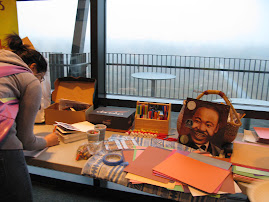
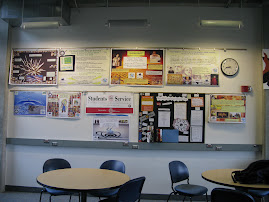
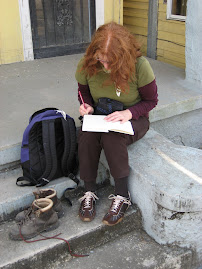
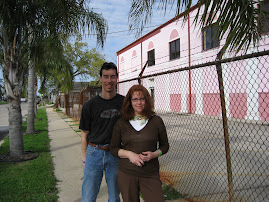
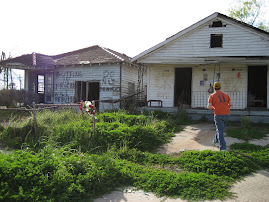
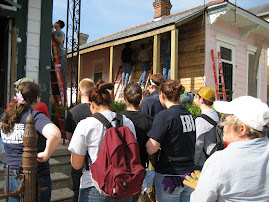
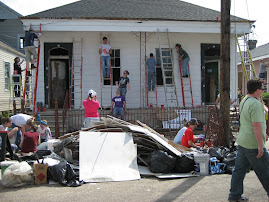
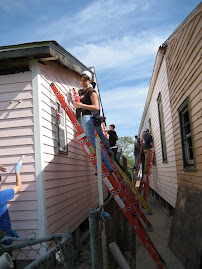
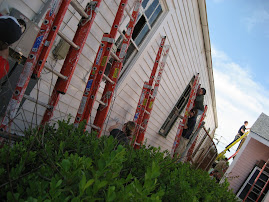

No comments:
Post a Comment